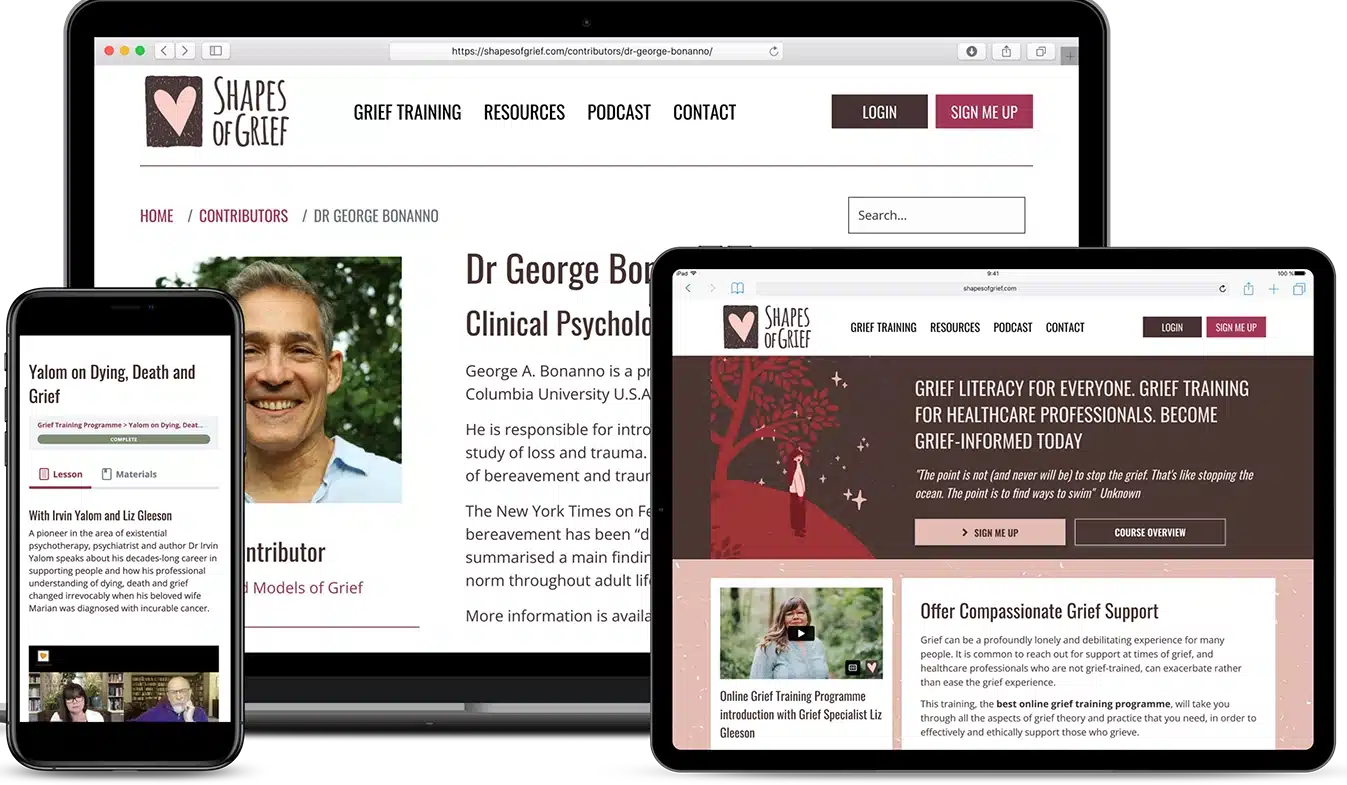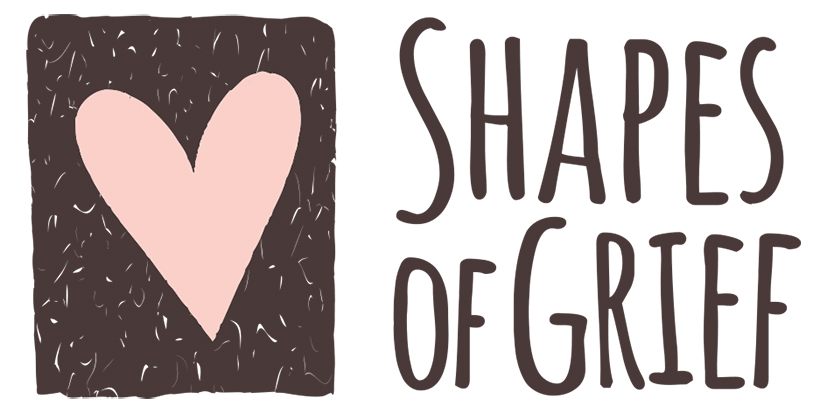The ‘anniversary effect’: why we relive trauma on significant dates – Irish Examiner Article
Thank you Geraldine Walsh for this interview about the Anniversary Effect in the Irish Examiner – 03 September 2023
Time, they say heals all wounds, but the rawness and emotional pull of a traumatic event can linger and heighten on the anniversary of a distressing and upsetting life experience, pulling a person back into those moments of distress.
Known as the “anniversary effect” a person can feel unduly restless, unsure as to why they are feeling low, out of sorts, and even physically ill, when the anniversary of a traumatic experience, a loss, or a life-changing event occurs.
“It’s harder to avoid thoughts and feelings about a traumatic event in the lead up to, during, and after the anniversary due to the memory cues associated with that time of year,” says Chartered Psychologist, Catherine Hallissey.
“It’s also likely to be a time when others are more likely to talk about the event as a way of processing the shared experience, making it harder to avoid thinking about it.” The emotions that often resurface as a result of the anniversary effect can be conjured by the death of a parent or a child, a childhood trauma, sexual trauma, a natural disaster, a car accident or other severe unexpected injuries, terrorist attacks, a traumatic birth, miscarriage, a cancer or other serious health diagnosis, even a divorce.
“It’s an interesting one because it’s different for everybody,” says Liz Gleeson, director of Shapes of Grief, which offers an online professional training and education programme on loss, bereavement, and grief.
“It’s not the event itself, that’s traumatic. It’s the meaning we make up of the event that can cause a trauma. Something quite banal can actually cause PTSD because of the meaning we make of it. And then something quite violent or what we would believe to be traumatic, does not necessarily cause PTSD for somebody. Physically approaching an anniversary can feel like the volume has been turned back up on it.”
The symptoms associated with the anniversary effect include difficulty sleeping, emotional distress such as increased sadness, anger, worry or irritability, rumination or thinking about the traumatic event, and difficulty concentrating.
“While the anniversary effect can feel unpleasant and distressing,” says Hallissey, “it is usually part of the grieving process and is a sign that more work is needed. For the vast majority of people, psychological distress following a traumatic event lessens over time. However, this is not a linear process and every person’s healing journey is unique. It’s important to note that some people will require professional support to help them through the grief and healing process.”
It’s possible that a person may experience symptoms of the anniversary effect and not be intentionally aware as to why they feel out of sorts until they realise the date or time of year. “
A lot of people, even though they may not consciously be aware of the anniversary, report feeling some physical reaction in their body,” says Gleeson.
“For everybody, it’s different, but if someone’s been through something significant, the brain can shut down and so we can get exhausted, we can feel irritable, have trouble sleeping and ruminating, especially if it’s after a death. We can become fixated on this time last year and a lot of those memories which are stored in our body can come back up causing symptoms that we often felt in the first few weeks or months of a loss, that acute grief phase, we can experience it as strongly as that again.”
The build-up to an anniversary can often feel significantly worse than the actual day itself because we begin to anticipate and potentially worry or feel caught up in those same feelings and memories of the past event. Gleeson explains this as a kind of unused energy.
“Our bodies mobilise energy to respond to a traumatic event, to save someone or save ourselves, or get help or run away from danger,” she says. “If we’re not able to use that mobilised energy, it can be stored in the body, and our bodies want to use that energy to almost keep repeating a trauma in a valiant attempt to rid ourselves of that mobilisation energy.”
Gleeson offers a personal example of the use of this energy at a time of crisis. During lockdown in Greystones, she watched her children swim when one of them got into trouble in the sea. “I was standing right there, and I suddenly realised, oh my God, he’s not ignoring me, he’s not able to respond to me,” she remembers. “I felt that rush of adrenaline, that terror, that panic, but I was able to look around the beach and call a more experienced swimmer and say, ‘he needs help, and we need to get out there.’”
Once Gleeson found help, they both swam out into the sea. She didn’t feel the sharp cold of the water because her body was in “total mobilisation mode” using that energy to be active and respond to the situation. “We were able to get to two of my kids and bring them ashore. Because I mobilised and was able to use that energy to do something I didn’t suffer from PTSD, and it didn’t really shake me that much because my body was able to do something about it.”
Gleeson suggests that traumatic experiences such as this can become problematic when we’re not able to act and respond. “For example,” she says, “at a difficult birth where a woman is in the hands of someone else, she’s not in control. Other people are making decisions that can be really, really difficult. The body stores that memory and somehow wants to do something with it.”
“There is no blueprint to navigating the anniversary of traumatic events,” says Counsellor, Georgina Sturmer. “It’s possible that you’ll experience difficult feelings or sensations or memories. It’s also possible that you’ll feel numbness, or a sensation that you don’t feel anything at all. These are all ways for our minds and our bodies to cope with trauma and distress.”
When looking for support Sturmer recommends seeking support from a qualified mental health professional. “They will offer you the opportunity and space to feel safe and explore how you are feeling,” she says. “Trauma recovery does not necessarily involve re-living past events in order to ‘process’ them. It’s about connecting with our minds and bodies to help us understand ourselves and build a sense of safety in the present.”
Sturmer also advises leaning on the support networks available and proactively communicate your needs to those who you can rely on for support. “People often want to help,” she says, “but sometimes they are scared about saying the wrong thing, or they don’t know the best way to do so.” She also suggests developing your own methods of self-care that can help you to soothe yourself at times of distress. “This might involve breathing, grounding, mindfulness, or affirmations,” she says. “It’s important to develop something that works for you rather than assuming that a generic technique will be helpful, so that you can play around with what works.”
Finally, Sturmer recommends we stay true to ourselves and our personality traits when managing the anniversary effect of traumatic events. “If you feel drawn to mark the anniversary, develop your own way of doing so,” she says. “You don’t need to stick to some kind of culturally defined way of mourning or marking a trauma. Choose an act or an event or a place that helps you to connect with where you are in your recovery.”
https://www.irishexaminer.com/lifestyle/healthandwellbeing/arid-41215054.html
Become grief-literate today!
Shapes of Grief Training Programme
Don't know what to do or say when someone is grieving? Afraid you'll make it worse? Become Grief-Trained today & learn how to deliver effective grief support.

Keep in the loop!
Subscribe for updates on grief related resources - we promise never to spam
Newsletter Signup Form
"*" indicates required fields


